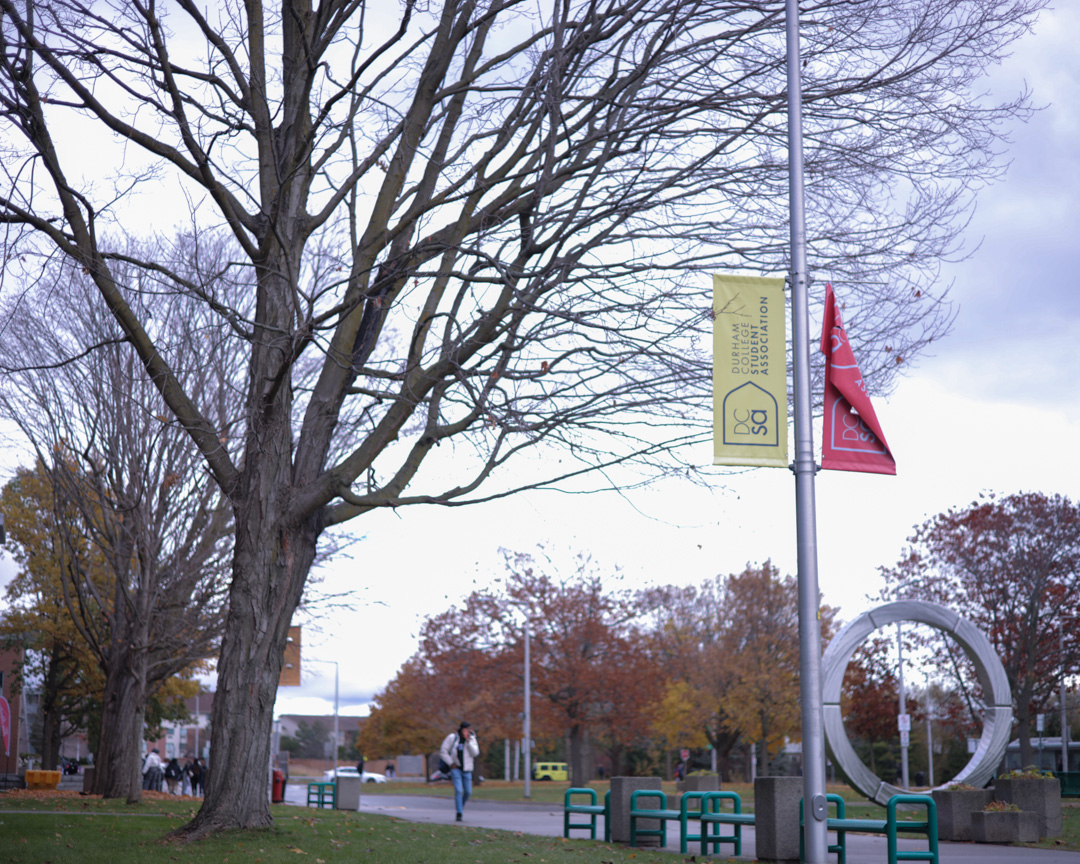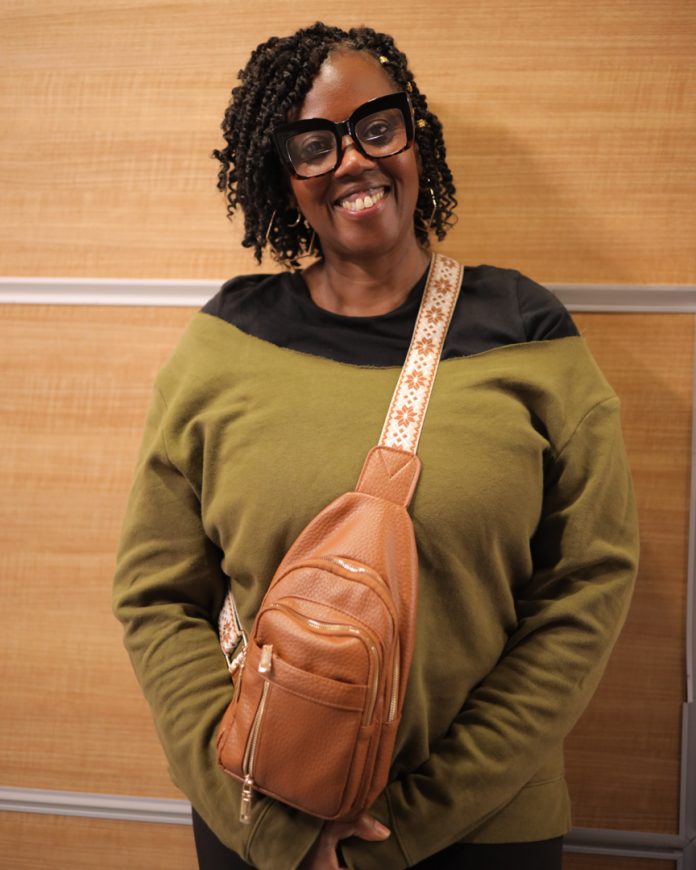For Cora Reid, a student in the Honours Bachelor of Paralegal program, Hurricane Melissa was not unexpected because of what she calls “the neglect of our earth.”
Reid, a member of the Oshawa Jamaican Canadian Association, was devastated by the October storm that killed at least 45 people.
“And just as we heard that a hurricane was coming, of course, there’s been so many hurricanes in Jamaica that have had some damage,” Reid said. “I would definitely say this hurricane was devastating.”
The storm is just one event out of several – including wildfires, drought and floods – brought on by climate change in recent years, and this is causing anxiety for some.
A study published in the journal Nature Mental Health, found it’s normal to feel some anxiety around climate change.
But for just over two per cent of people, it lasts for longer periods of time and impacts their daily life.
In the study, those people had symptoms that reached what researchers call “clinical relevance” or significant enough to warrant attention and action in clinical practice.
According to the study, climate change anxiety is the highest among Indigenous Peoples.
It is also elevated for women, those living in northern Canada, and those with household incomes of less than $60,000 a year.

While not everyone’s symptoms reach those levels, climate anxiety is real for many students, especially those who worry about their families.
One of these students is Hamza Khan, a Computer Science student who worries about his family back home in Pakistan.
“I do worry about my family back in Karachi. We’ve had some very bad flooding and heatwaves there,” he said.
The issue is compounded by the fact that Khan is halfway across the world focusing on his studies.
“I feel pretty bad, but I’m not sure what I could do about it, which would make me feel even worse,” he said.
As climate change persists and catastrophes escalate, students are worried about the future.
Ezmay Ireland, a student in the General Arts and Science program, said she worries for the next generation.
“We want a world where we can live in where grandkids can live, right? And at this point, it’s not looking so great,” she said.
This sentiment is shared by others, including Reid.
“Jamaica has just been hit with a category five hurricane that has wiped out half the island,” Reid said. “And I worry for my own children and grandchildren about what kind of future they’re going to have if this isn’t something we invest in.”




